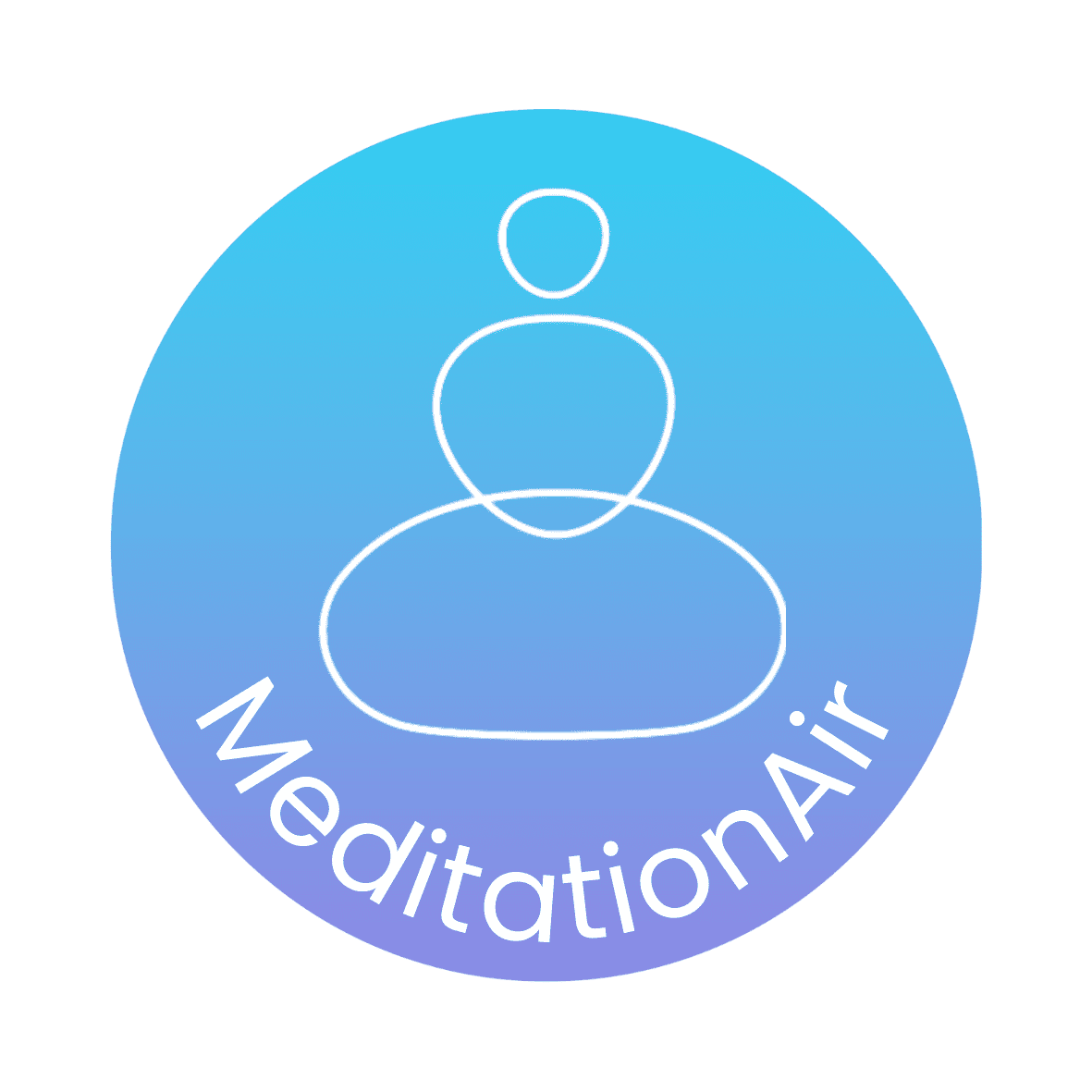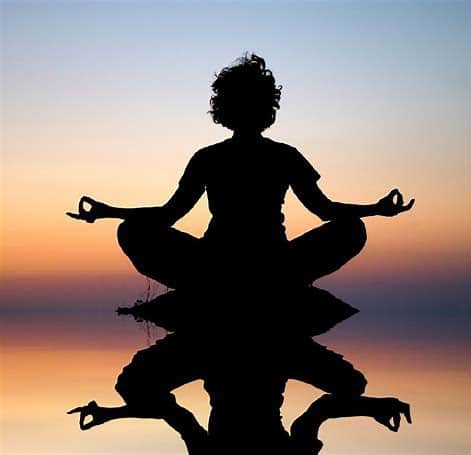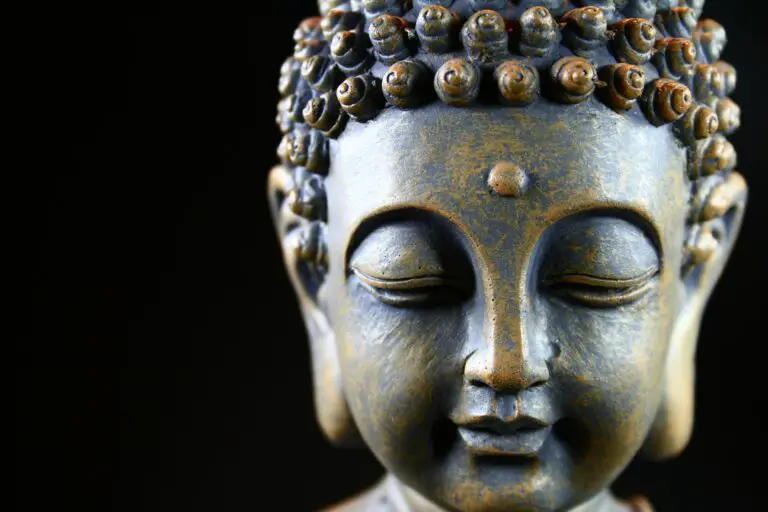How does it work?
Yoga and meditation improve sleep in 3 important ways:
- activating the body’s relaxation response
- reducing stress
- balancing sleep-regulating hormones
What’s more, they are natural methods that anyone can do.
Yoga and meditation are celebrated for their ability to improve mental and physical well-being. More recently, research has shown that both can also boost your sleep quality.
For many, turning to non-pharmaceutical aids like yoga and meditation can be a more sustainable, healthier solution to improve sleep.
The science behind sleep, yoga, and meditation
Sleep is a must-have for overall health, and is controlled by your body’s internal clock (circadian rhythm) and sleep-wake balance. When these systems get disrupted, sleep problems happen. This much you already know.
What you might not yet be aware of is that yoga and meditation can help restore balance and promote better sleep.
With yoga, the combination of asanas (physical poses), pranayama (controlled breathing), and relaxation techniques (aka meditation) activates the parasympathetic nervous system (PNS) – that’s the component of your nervous system that helps calm the body during times of rest – by releasing chemicals that reduce heart rate and lower blood pressure. PNS is the predominant system at work while you sleep.
So, simply put, a more activated PNS means a calmer mind and body that delivers higher sleep quality. More on that further down.
What research says about yoga, meditation, and sleep quality
Scientific studies have examined the impact of yoga and meditation on sleep quality. A pivotal study at Harvard Medical School found that adults with chronic insomnia who practiced yoga daily for 8 weeks experienced noticeable improvements in sleep duration, efficiency, and overall quality.
Research on older adults with sleep disturbances published in the Journal of the American Medical Association showed that mindfulness meditation was far more beneficial than sleep hygiene education in reducing symptoms of insomnia, depression, and fatigue.
Actually, there are loads of studies supporting the ability of meditation and/or yoga to make sleep easier for the sleep-deprived: healthcare professionals, pregnant women, migraine sufferers, children with ADHD… on and on.
How yoga improves sleep quality
1. Reduction of stress and anxiety
Stress and anxiety are two of the leading causes of poor sleep. Yoga reduces stress by lowering cortisol levels. The gentle, restorative nature of yoga asanas combined with pranayama helps calm the mind and body, facilitating better sleep.
Here’s a beautiful 10-minute yoga-for-better-sleep session from Yoga with Adriene to get you started:
2. Improvement in physical health and flexibility
Chronic pain, discomfort, and muscle tension can also interfere with sleep. Yoga, especially restorative or gentle forms like Hatha, Yin, or Iyengar, helps improve flexibility and loosen up tight spots. Regular practice can even relieve chronic pain conditions like lower back pain or arthritis, serious sleep disruptors.
How meditation improves sleep quality
Meditation primarily targets the psychological and neurological mechanisms that affect sleep.
1. Reducing sympathetic nervous system activity
Meditation, especially mindfulness-based practices, has been shown to reduce the activity of the sympathetic nervous system, which when overstimulated causes an increase in heart rate, blood pressure, and cortisol levels, making it difficult to fall asleep.
Meditation lowers these responses by activating the PNS. The result is a lovely state of calm and relaxation. If you battle insomnia caused by racing thoughts or chronic stress, a short meditation before bed could be life-changing!
2. Letting go of worries before bed
Insomnia and other sleep problems often get worse when people dwell on worries or negative thoughts before bed. This overthinking, or rumination, keeps the mind active and makes it hard to relax. Research on mindfulness meditation finds that it helps reduce this kind of monkey mind chatter and makes it easier to fall asleep. By focusing on the present moment, meditation teaches people to let go of unhelpful thoughts, creating a calmer mind and making sleep come more naturally.
3. Boosting neuroplasticity
A growing body of research concludes that meditation can alter brain structure and function – for instance this 2010 study in the Journal of Psychiatry Research showing that meditation increases gray matter density in regions of the brain involved in learning, memory, and emotional regulation. These changes are believed to boost emotional resilience while reducing stress and anxiety and, as a result, improving sleep quality.
4. Enhancing natural melatonin levels
Melatonin, the hormone responsible for regulating the sleep-wake cycle, is crucial for falling and staying asleep. Your body produces it naturally, but many people take a supplemental form to promote sleep – in my case, I use it to manage jet lag.
Studies have shown that people who meditate before bedtime have higher levels of melatonin (the natural kind) in their blood than those who don’t, so meditation for better sleep appears to be an effective, drug-free alternative.
Combining yoga and meditation for better sleep
While yoga and meditation independently improve sleep quality, you’ll supercharge their effects if you combine them. Many yoga styles, such as Kundalini or Vinyasa, integrate meditation as part of the practice, offering a comprehensive way to lower stress and bring on relaxation.
Yoga Nidra, aka yogic sleep, guides individuals through a deep meditative state that promotes relaxation while maintaining conscious awareness. And – guess what? – research also demonstrates that Yoga Nidra can enhance deep sleep and reduce insomnia symptoms.
There’s absolutely nothing to lose by trying yoga and meditation to improve sleep. Drug-free, no cost, time-efficient, and adaptable to your preferences, the yogi approach may be your best tool to overcome the sleep struggle or just make your sleep that much better.



